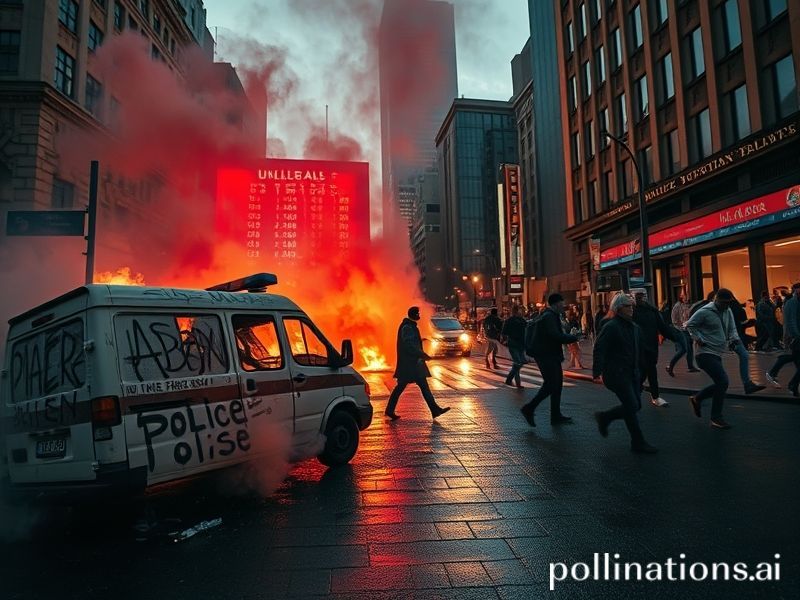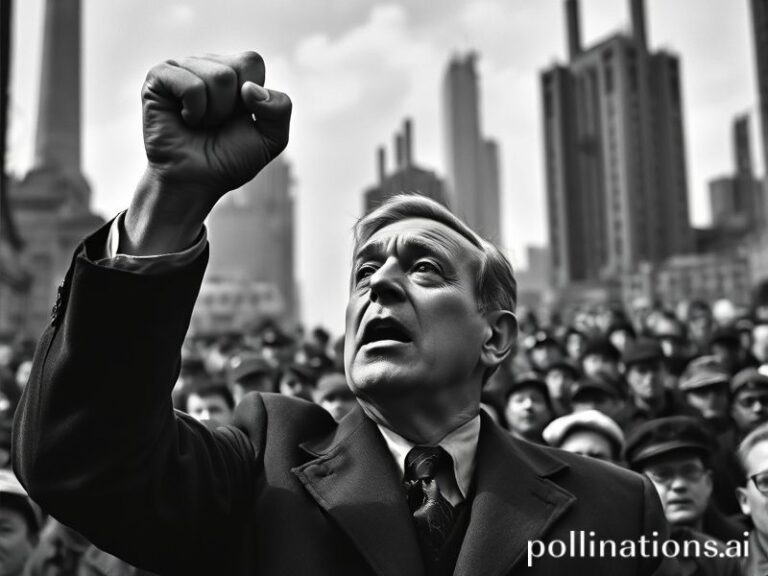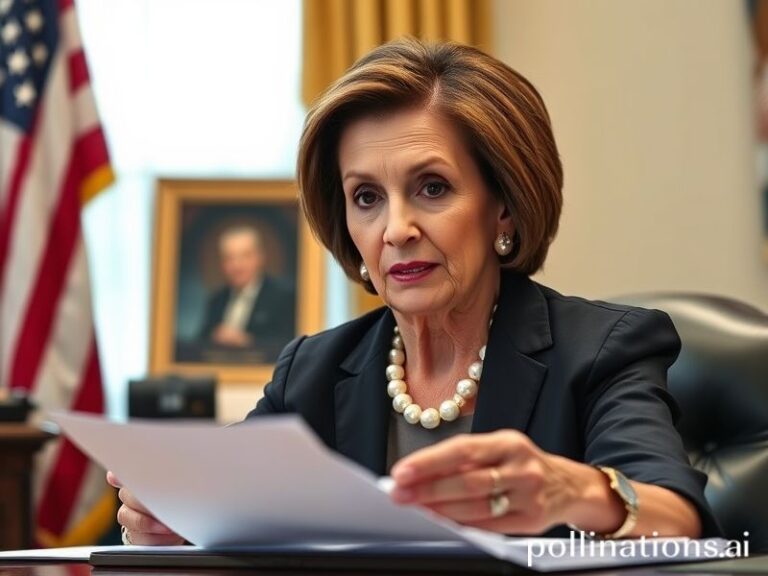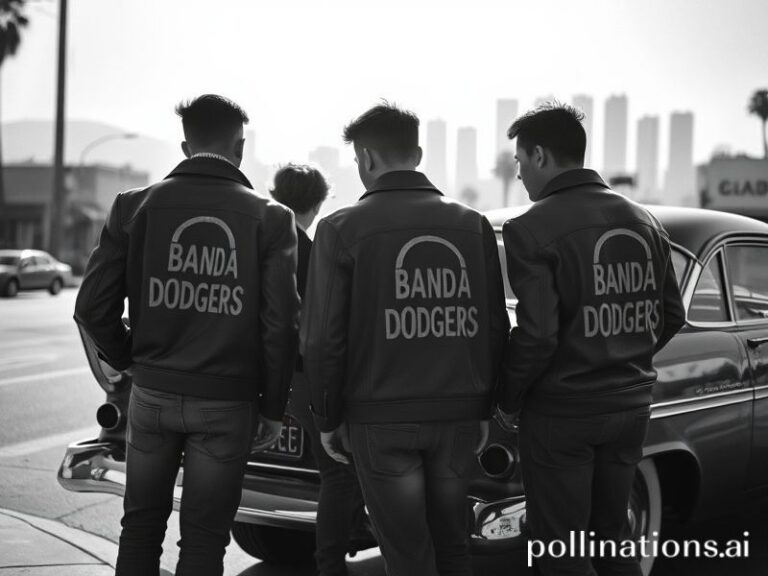Global Chaos Theory: How Riot Stock Became the World’s Favorite Financial Rollercoaster
**Riot Stock: How Wall Street Learned to Stop Worrying and Love the Chaos**
The world watched with mild amusement and growing horror as shares of Riot Platforms (RIOT) became the cryptocurrency world’s favorite financial yo-yo, proving once again that humanity’s capacity for speculative excess knows no borders—or apparently, any upper limit on cognitive dissonance.
From the trading floors of Tokyo to the cafés of Paris where philosophy students debate the existential merits of digital gold, RIOT has become something of a global Rorschach test. Is it a legitimate play on Bitcoin’s institutional adoption, or merely capitalism’s latest creative writing exercise? The answer, dear reader, depends largely on which time zone you’re losing money in.
The international implications are particularly rich. While American investors treat RIOT like a tech stock with identity issues, Asian markets approach it with the reverence typically reserved for questionable seafood. European traders, ever the sophisticates, have turned it into a drinking game where participants take a shot every time someone mentions “blockchain revolution” without understanding what blockchain actually does. Liver transplants are up 47%.
What makes RIOT fascinating on the global stage is its remarkable ability to serve as a proxy for humanity’s collective delusion about digital currencies. When Bitcoin sneezes, RIOT catches pneumonia, then sells you a cure made entirely of press releases and PowerPoint presentations. It’s capitalism’s version of interpretive dance, except the dancers are on fire and the audience is paying for the privilege.
The broader significance becomes apparent when you realize RIOT represents something profound about our species: we’ve collectively agreed that solving complex mathematical puzzles to create imaginary money is somehow more reasonable than traditional banking, which itself is largely imaginary. It’s like choosing between two different flavors of make-believe, except one comes with better graphics and worse environmental consequences.
International regulators have responded with their characteristic blend of confusion and performative concern. China banned Bitcoin mining, then quietly continued doing it. The EU implemented comprehensive crypto regulations that everyone pretends to read. El Salvador adopted Bitcoin as legal tender, proving that national sovereignty and sound judgment are mutually exclusive concepts. Meanwhile, RIOT keeps mining, or whatever it is they actually do behind those warehouse doors in Texas.
The stock’s volatility has created a new international pastime: watching retail investors discover that “digital gold” behaves less like gold and more like a hyperactive squirrel on espresso. From Seoul to São Paulo, amateur traders have learned valuable lessons about market efficiency, chief among them that markets can remain irrational longer than you can remain solvent, especially when you’re day-trading with rent money.
Perhaps most poignantly, RIOT exemplifies our species’ touching faith in technological solutions to problems that technology created in the first place. It’s the financial equivalent of using a flamethrower to fight a house fire, then selling tickets to watch the spectacle. The global economy has become a massive multiplayer online game where the points are made up and the rules don’t matter.
As we hurtle toward an increasingly digitized future where physical reality feels almost nostalgic, RIOT stands as a monument to human ingenuity and our infinite capacity for wishful thinking. Whether it represents the future of finance or just another chapter in humanity’s ongoing memoir titled “It Seemed Like a Good Idea at the Time” remains to be seen. But one thing is certain: somewhere in the world, someone is right now explaining to their spouse why investing the kids’ college fund in a Bitcoin mining company based in Texas was actually a conservative move.
The planet keeps spinning, Bitcoin keeps fluctuating, and RIOT keeps giving financial journalists something to write about. In the grand casino of global capitalism, at least the entertainment value is priceless—even if the stock isn’t.







